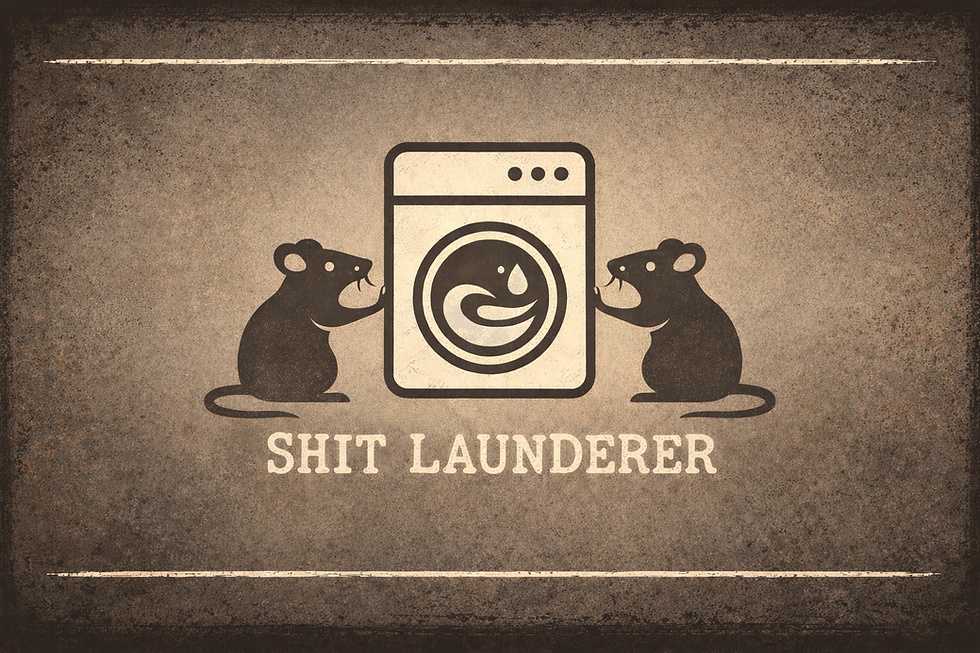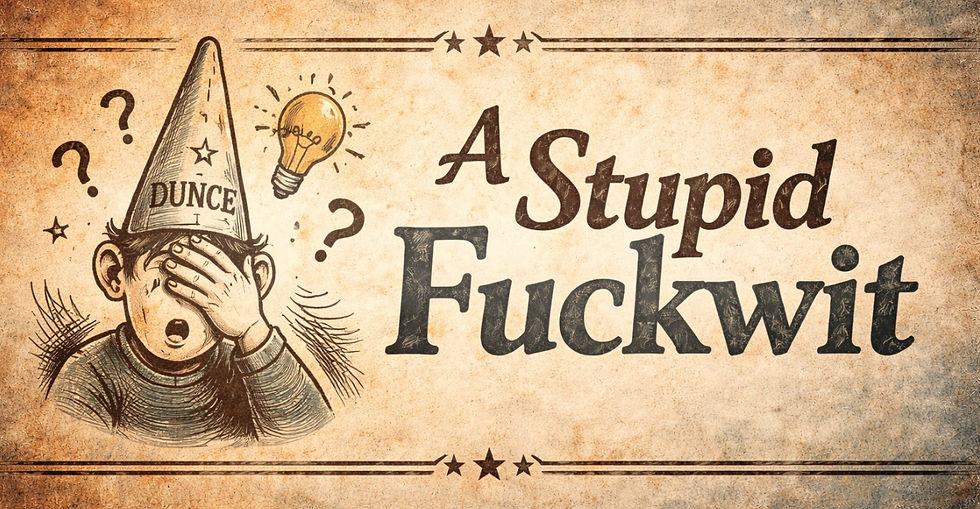Charlie Kirk’s Death Doesn’t Matter, Because History Will Not Remember His Work
- john raymond
- Sep 18, 2025
- 3 min read

The assassination of Charlie Kirk has provoked uproar, grief, and denunciations across the American political landscape. Yet beyond the immediate storm, his death is of no historical consequence. For all his noise and self-promotion, Kirk leaves behind no enduring body of thought, no lasting contribution to political philosophy, and no movement that will outlive the demagogue who fronted it.
His death matters to those personally affected; it does not matter to history.
The Illusion of Influence
Kirk fashioned himself as a tribune of conservative youth through Turning Point USA, but his entire career depended on amplification rather than originality. He recycled conspiracies, manufactured grievances, and monetized outrage, presenting himself as the youthful face of a movement long ossified.
His significance was entirely contingent on media oxygen—conferences, campus events, cable segments, social media virality. Remove the platform and the personality collapses.
That is to say, unlike true intellectuals whose ideas survive them, Kirk’s rhetoric was disposable.
The Nature of Demagogues
Demagogues thrive on immediacy, not permanence. Their words are designed to shock and inflame, not to be studied or remembered. For this reason, most fade quickly once their moment passes. History does not preserve them for their supposed insights but for the structural damage they abetted.
The names of McCarthy, Wallace, and Father Coughlin survive not because of brilliance, but because they symbolized destructive periods of extremism. Even then, their writings and speeches are read only as curiosities or warnings.
But Kirk will not even ascend to that level.
Lies, Cruelty, and Ephemerality
Kirk’s politics were defined by opportunism, disinformation, and cruelty. He sought not to uplift but to degrade, not to build but to polarize. This is the fatal weakness of his legacy: lies dissipate when the megaphone is switched off. Cruelty corrodes even among its practitioners.
Once the public gaze shifts away, his pronouncements will vanish into the ether, leaving nothing of substance behind. The monuments of human thought are built on truth, reason, or vision. Kirk trafficked in none of these.
The Fascist Trap
The deeper lesson is not about Kirk himself, but about what happens to the those who fall into fascism’s trap. Autocrats and their proxies corrupt democratic rule for their own survival, discarding their pawns once usefulness ends. Kirk was never more than a pawn—loud, zealous, and easily replaced. His death underscores the expendability of such figures.
In history’s telling, Charlie Kirk will appear, if at all, as a footnote: a cautionary tale about the self-destruction of those who dedicate their lives to serving lies.
Implications for the Present
It is tempting for his allies to frame Kirk’s death as martyrdom, to paint him as a symbol of suppressed truth. But martyrdom requires substance—an idea worth living for, a principle worth remembering. Kirk had neither. His words will not be enshrined in the annals of political thought.
At best, Kirk’s name will be listed alongside other minor provocateurs whose ambitions were eclipsed by the very authoritarian movements they once promoted.
The Sad Conclusion
Charlie Kirk is gone, and soon enough, he will be forgotten. History does not remember noise for its own sake. It remembers ideas that transform, movements that endure, and crimes that scar. Kirk offered none of the first two, and his role in the third was subordinate.
His life, like his death, will be buried by history—tilled under as soil reclaims the weeds.






Comments